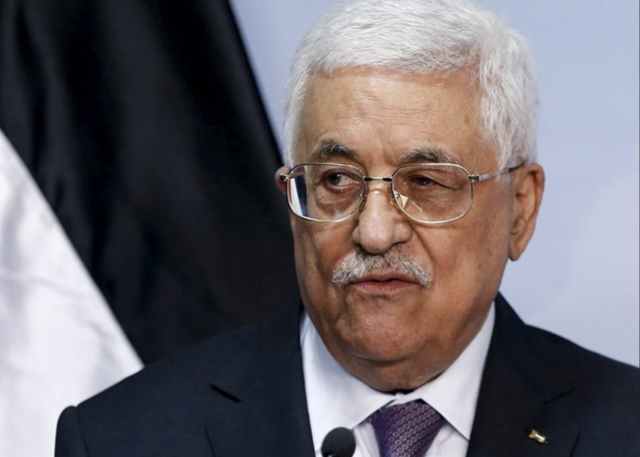It was inevitable.
The Biden administration came into office bearing gifts for the Iranian regime in apparent hopes of jump-starting negotiations on a return to the 2015 “Iran nuclear deal.” They included removing the Iranian-backed Houthis from the terror list, lifting some economic sanctions and a “wiggle” that allowed Iran to recapture funds frozen by South Korea.
Encouraged by the bounty, Iranian Foreign Minister Javad Zarif said in an interview in April: “If the U.S. passes the test, which doesn’t seem very likely, then we can consider other issues. But I don’t think the U.S. would be prepared to discuss those issues. Is the U.S. ready to reduce its arms shipments to the region?”
As odd as it seems that the Iranians—cheating on their JCPOA commitments, IAEA commitments and UN commitments—were making demands, the U.S. appears to have complied. The U.S. removed a portion of its air defenses from Saudi Arabia and Jordan and announced its military departure from Afghanistan and, likely, Iraq.
The administration announced its desire to restore the Israel-Palestinian “peace process” to the center of diplomacy, so Palestinian Authority (PA) strongman Mahmoud Abbas presented his list of demands to be met by Israel before he would deign to consider talks. The actual list is not public, but these points appear to be fairly widely accepted:
- Reopening Palestinian institutions in Jerusalem that were closed in 2001 during the “Second Intifada.”
- Restoring the (Palestinian conception of the) status quo around the Al-Aqsa Mosque compound by restricting Israeli police activity, reducing visits by Jews and enhancing the status of PA envoys.
- Stopping the evictions of Palestinians from Sheikh Jarrah and Silwan regardless of the status of their eviction cases in court.
- Releasing a group of Palestinian prisoners.
- Halting Israeli building in the West Bank and eastern Jerusalem, and evacuating all settlement outposts.
- Allocating areas in Area C, which the Oslo Accords placed under the civil and security control of Israel, to the PA for various activities, as well as making changes in the administration of Area B, which is jointly controlled by Israel and the PA.
None of these demands are deliverable by the U.S. except through pressure on Israel—which is itself a demand.
Then there is China. Deputy Secretary of State Wendy Sherman went to China with a series of gifts for the communist government, including the Justice Department dropping charges against five alleged Chinese spies and the announcement that China’s relations with Afghanistan would not be a problem. Chinese Communist Party (CCP) official Xie Feng, however, presented Sherman with a list of demands that he called “error corrections.” The U.S. must:
- Unconditionally lift visa restrictions on CCP members and their families.
- Lift sanctions on Chinese leaders, officials and government departments.
- Lift visa restrictions on Chinese students and stop suppressing Confucius Institutes.
- Stop suppressing Chinese companies.
- Revoke the registration of Chinese media as either “foreign agents” or “foreign missions.”
- Revoke the extradition request for Meng Wanzhou and others.
But American “error corrections” are not enough for the communist regime committing genocide against its Uyghur population.
Foreign Minister Wang Yi gave Sherman three requirements for what the Ministry of Foreign Affairs called “preventing U.S.-China relations from getting out of control.” The U.S. must:
- Not challenge, slander or even attempt to subvert the path and system of socialism with Chinese characteristics.
- Not try to obstruct or even interrupt China’s development process.
- Not infringe upon China’s national sovereignty on “Xinjiang-related, Tibet-related and Hong Kong-related issues.” Furthermore, acknowledge “the basic fact that the mainland and Taiwan belong to one China and that Taiwan is part of Chinese territory.”
There has been no official U.S. response to Beijing.
The Biden administration’s extravagant opening to Iran may have come face to face with reality. Secretary of State Antony Blinken said this week: “At some point, the gains achieved by the JCPOA, cannot be fully recovered…if Iran continues the activities that it’s undertaken with regard to its nuclear program activities, that are breaking…through the constraints imposed by the JCPOA.”
But having opened the door to countries/entities large and small, powerful and not, the administration now finds itself fielding demands instead of conducting diplomacy. That bodes ill for United States, its interests and its allies.


